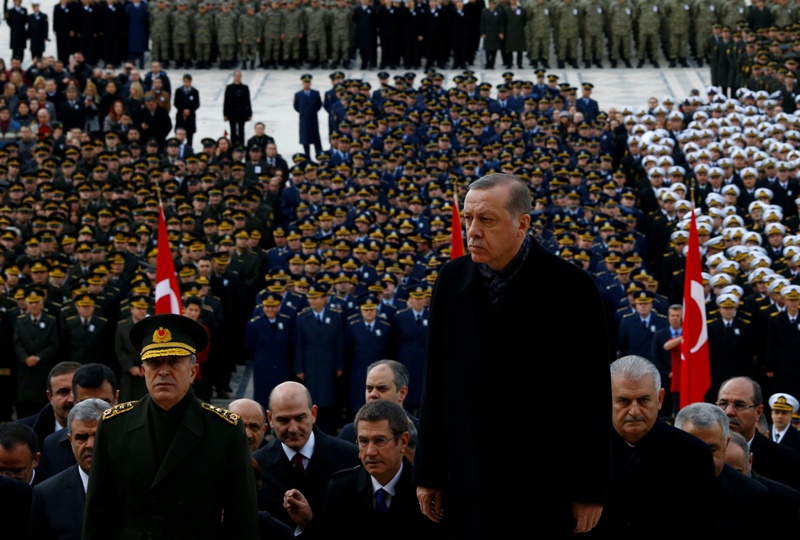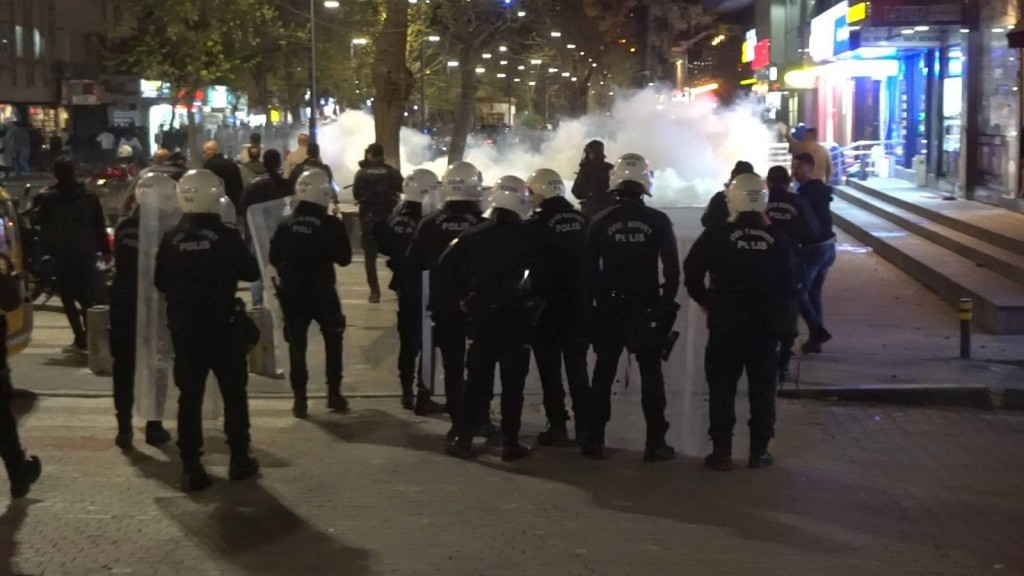The ACM, a strategic partner of IPI, urged Caribbean governments to speak out against Turkey’s actions and to hold off on increasing ties with Turkey until it reverses course. The group also joined journalists and press freedom defenders around the world in urging Turkey to end legal proceedings against journalists and to free those it is holding behind bars.
IPI Director of Advocacy and Communications Steven M. Ellis urged governments worldwide to take a similar stance.
“Turkey has demonstrated that it will not live up to its international commitments unless other nations stand up and show that a failure to respect fundamental human rights is unacceptable and has consequences,” he said. “We urge all nations across the globe to make that clear to Turkey’s government and we call on Turkey to stop its persecution of critics.”
Calling the use of emergency powers, granted in the wake of a failed July coup attempt, to control free media within Turkey a “gross abuse of constitutional prerogative”, the ACM said that the recent clampdown on freedom of information and expression has been a significant step back in the country’s democratic progress.
The call comes after Turkey in late October ordered the closure of 15 pro-Kurdish media outlets and targeted independent daily Cumhuriyet, sending nine of its journalists – including Editor-in-Chief Murat Sabuncu and columnist Kadri Gursel, a member of IPI’s Executive Board and head of IPI’s Turkey National Committee – to pre-trial detention. Turkey’s government argues that their criticism of the regime constituted support for terrorism.
The incidents were part of an ongoing purge in the country of those deemed insufficiently loyal to the government using post-coup powers. In many cases, firings and criminal cases targeting members of the judiciary, academia, the media and other broad segments of the society have been accompanied by little to no evidence that those purged had any connection to the coup attempt.
Currently, approximately 140 journalists are behind bars in Turkey, making it the world’s leading jailer of journalists.
The full text of the ACM statement appears below.
ACM WANTS CARIBBEAN GOV’TS TO RETHINK RELATIONS WITH TURKEY
Nov 10, 2016 – The Association of Caribbean Media Workers (ACM) notes with growing alarm continuing attacks on press freedom in Turkey, most recently including the detention of journalists associated with the Cumhuriyet newspaper, the banning of scores of other media outlets and the laying of serious, criminal charges against many more media practitioners associated with them.
We view these actions, within the context of the ongoing state of emergency, as being orchestrated to muzzle political dissent and to stifle free expression and freedom of the press.
As an organisation with members from countries with which Turkey has expressed an interesting in deepening relations, we in the Caribbean consider these recent developments as having the impact of significantly reducing the country’s democratic gains over the years and casting a shadow on its true value as an international partner.
In our view, the use of emergency powers by the state to clamp down on the free flow of news and information within Turkey is a gross abuse of constitutional prerogative and we deplore blatant attempts to silence voices of dissent through the use of different forms of official harassment.
The ACM calls on countries of the Caribbean region, at minimum, to voice their serious concern with these actions by Turkish authorities against their own citizens and to suspend any further discussions on deepening relations between countries of our region and Turkey pending a reversal of this pattern of behaviour.
We also join with senior editors, journalists and [media] freedom organisations from around the world in urging the authorities to free those detained under this wave of attacks on the media in Turkey and to terminate proceedings against others who continue to face the court on charges designed to maintain a regime of silent compliance with the dictates of oppressive conditions.



